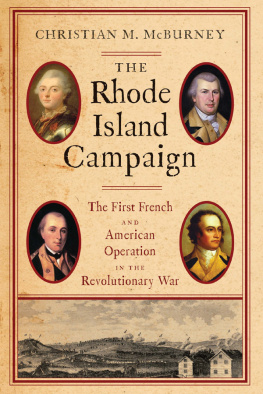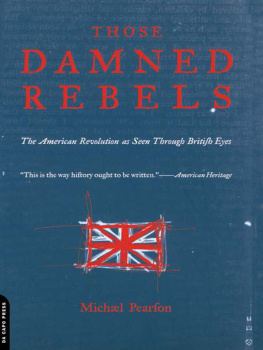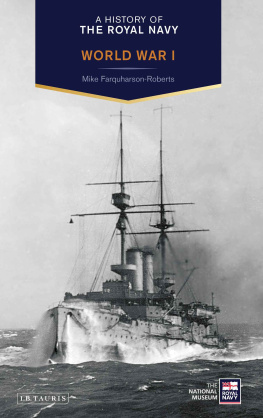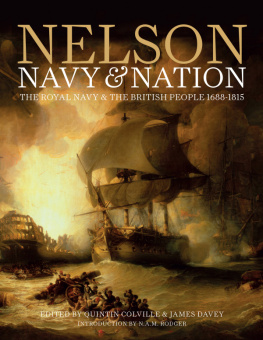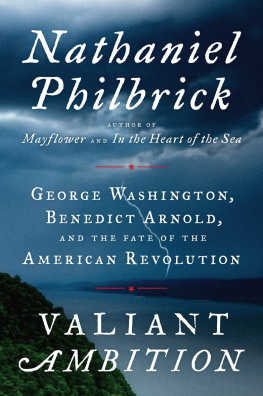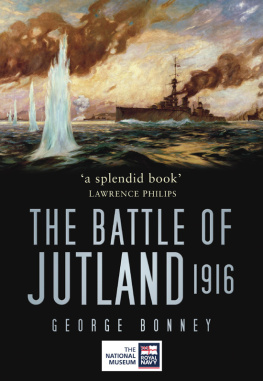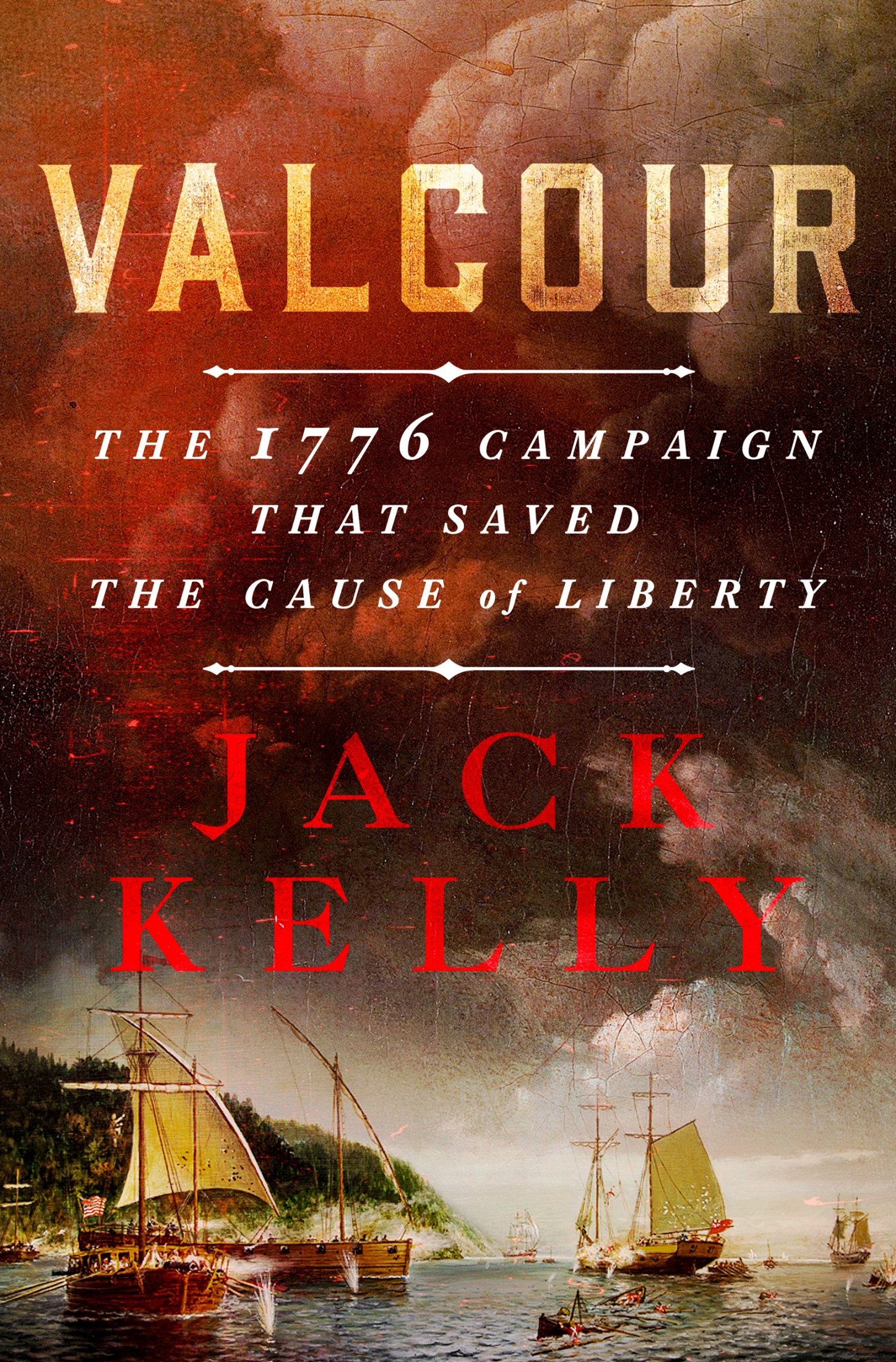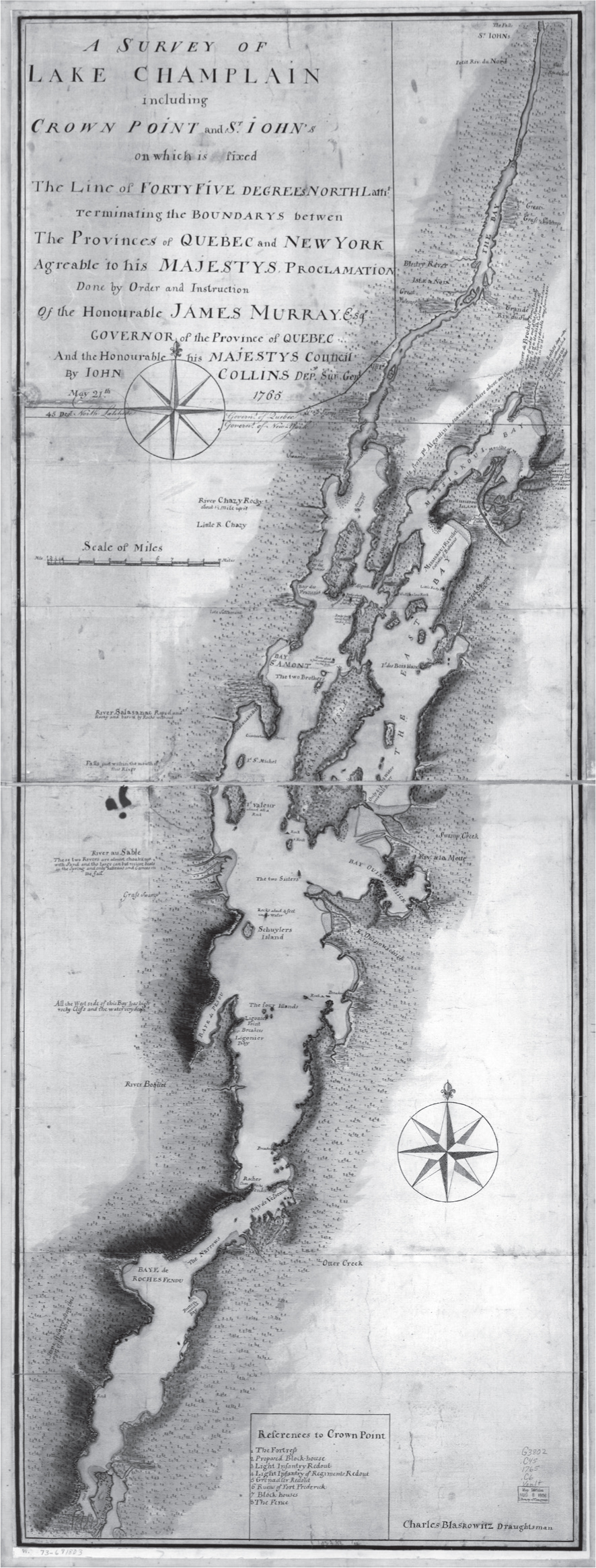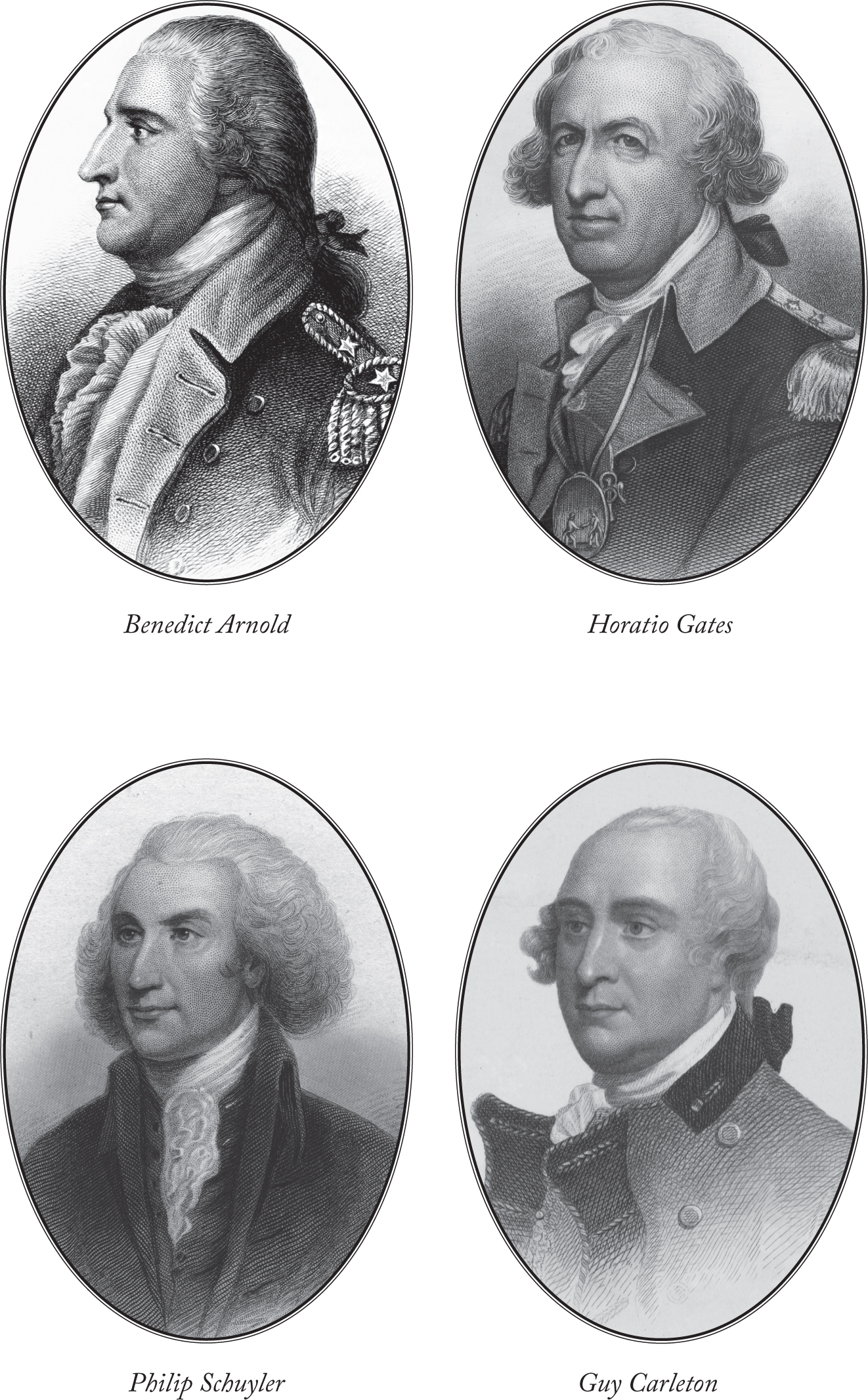Jack Kelly - Valcour: The 1776 Campaign That Saved the Cause of Liberty
Here you can read online Jack Kelly - Valcour: The 1776 Campaign That Saved the Cause of Liberty full text of the book (entire story) in english for free. Download pdf and epub, get meaning, cover and reviews about this ebook. City: New York, year: 2021, publisher: St. Martins Press, genre: History / Science. Description of the work, (preface) as well as reviews are available. Best literature library LitArk.com created for fans of good reading and offers a wide selection of genres:
Romance novel
Science fiction
Adventure
Detective
Science
History
Home and family
Prose
Art
Politics
Computer
Non-fiction
Religion
Business
Children
Humor
Choose a favorite category and find really read worthwhile books. Enjoy immersion in the world of imagination, feel the emotions of the characters or learn something new for yourself, make an fascinating discovery.

- Book:Valcour: The 1776 Campaign That Saved the Cause of Liberty
- Author:
- Publisher:St. Martins Press
- Genre:
- Year:2021
- City:New York
- Rating:4 / 5
- Favourites:Add to favourites
- Your mark:
Valcour: The 1776 Campaign That Saved the Cause of Liberty: summary, description and annotation
We offer to read an annotation, description, summary or preface (depends on what the author of the book "Valcour: The 1776 Campaign That Saved the Cause of Liberty" wrote himself). If you haven't found the necessary information about the book — write in the comments, we will try to find it.
The wild and suspenseful story of one of the most crucial and least known campaigns of the Revolutionary War when Americas scrappy navy took on the full might of Britains sea power.
Few know of the valor and courage of Benedict Arnold... With such a dramatic main character, the story of the Battle of Valcour is finally seen as one of the most exciting and important of the American Revolution. Tom Clavin author of Dodge City and co-author of Valley Forge
During the summer of 1776, a British incursion from Canada loomed. In response, citizen soldiers of the newly independent nation mounted a heroic defense. Patriots constructed a small fleet of gunboats on Lake Champlain in northern New York and confronted the Royal Navy in a desperate three-day battle near Valcour Island. Their effort surprised the arrogant British and forced the enemy to call off their invasion.
Jack Kellys Valcour is a story of people. The northern campaign of 1776 was led by the underrated general Philip Schuyler (Hamiltons father-in-law), the ambitious former British officer Horatio Gates, and the notorious Benedict Arnold. An experienced sea captain, Arnold devised a brilliant strategy that confounded his slow-witted opponents.
Americas independence hung in the balance during 1776. Patriots endured one defeat after another. But two events turned the tide: Washingtons bold attack on Trenton and the equally audacious fight at Valcour Island. Together, they stunned the enemy and helped preserve the cause of liberty.
Jack Kelly: author's other books
Who wrote Valcour: The 1776 Campaign That Saved the Cause of Liberty? Find out the surname, the name of the author of the book and a list of all author's works by series.

